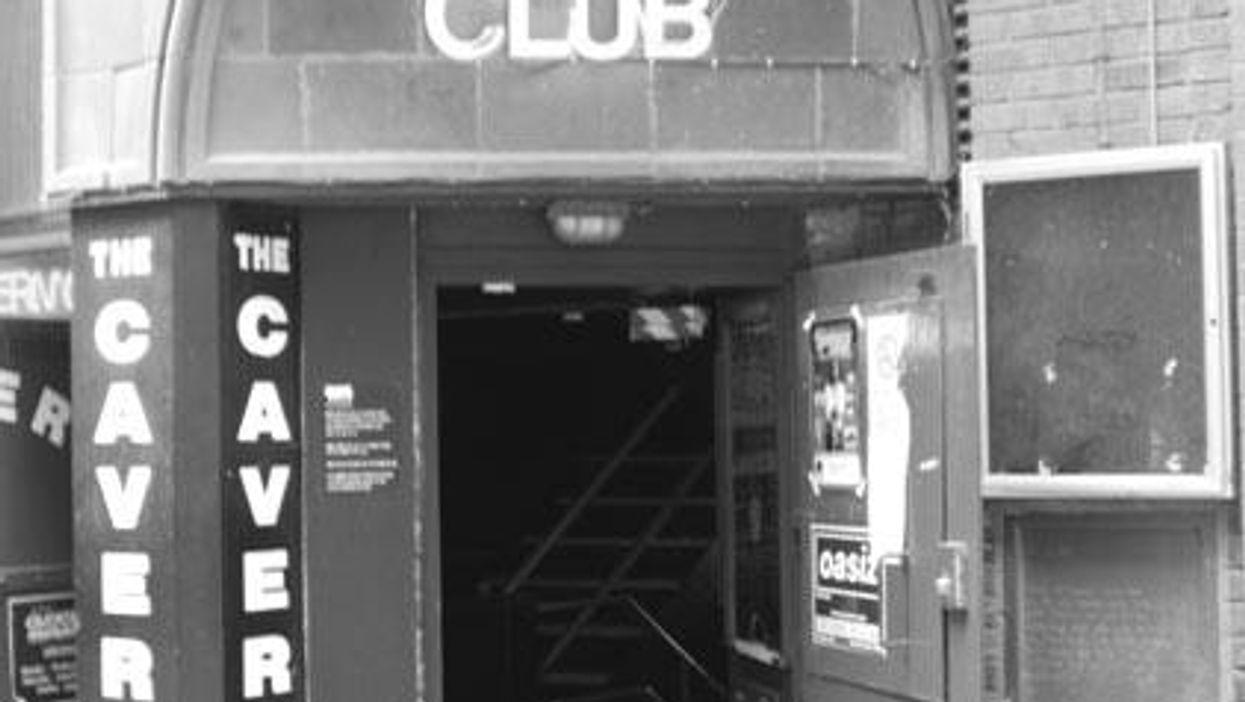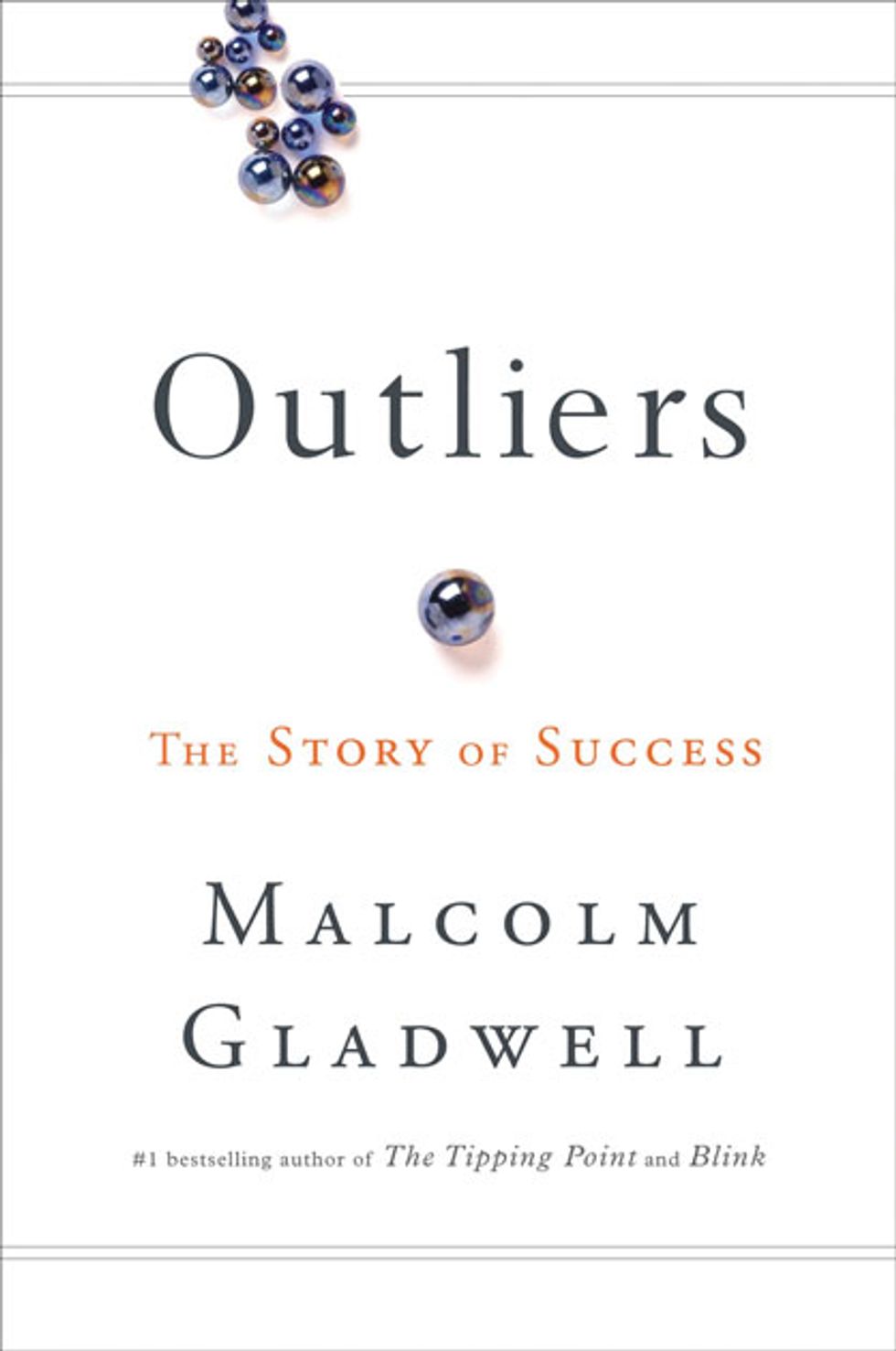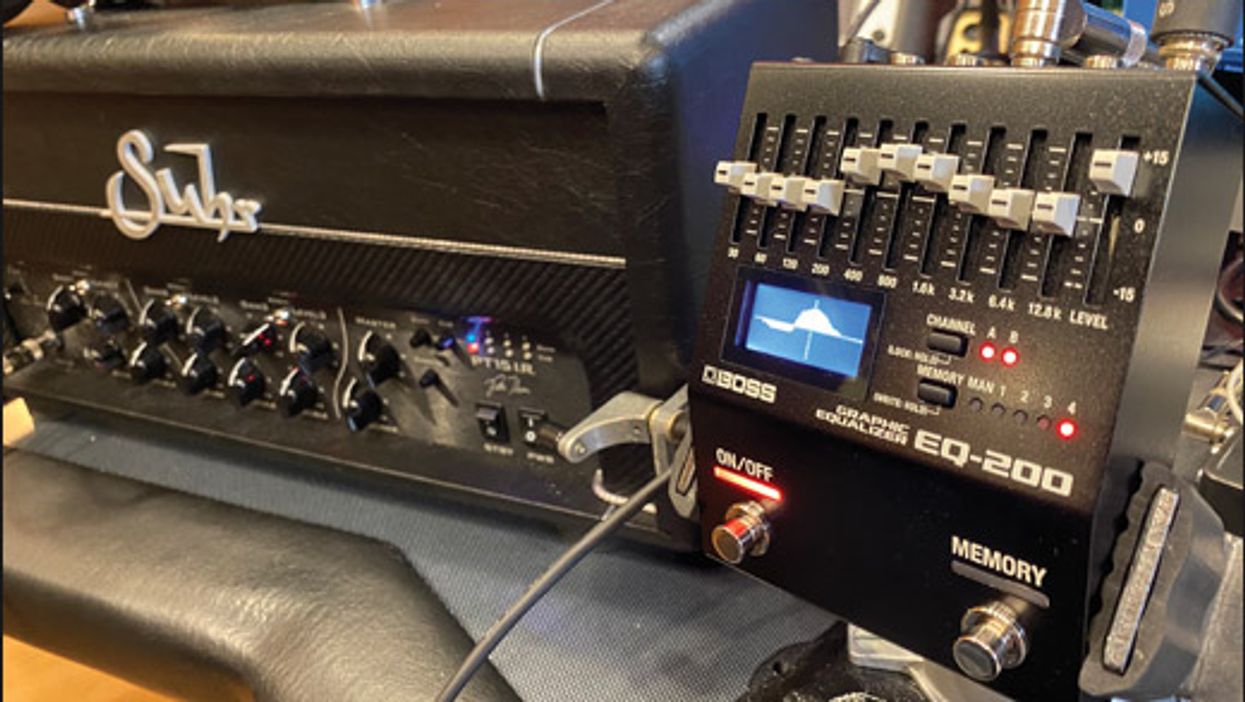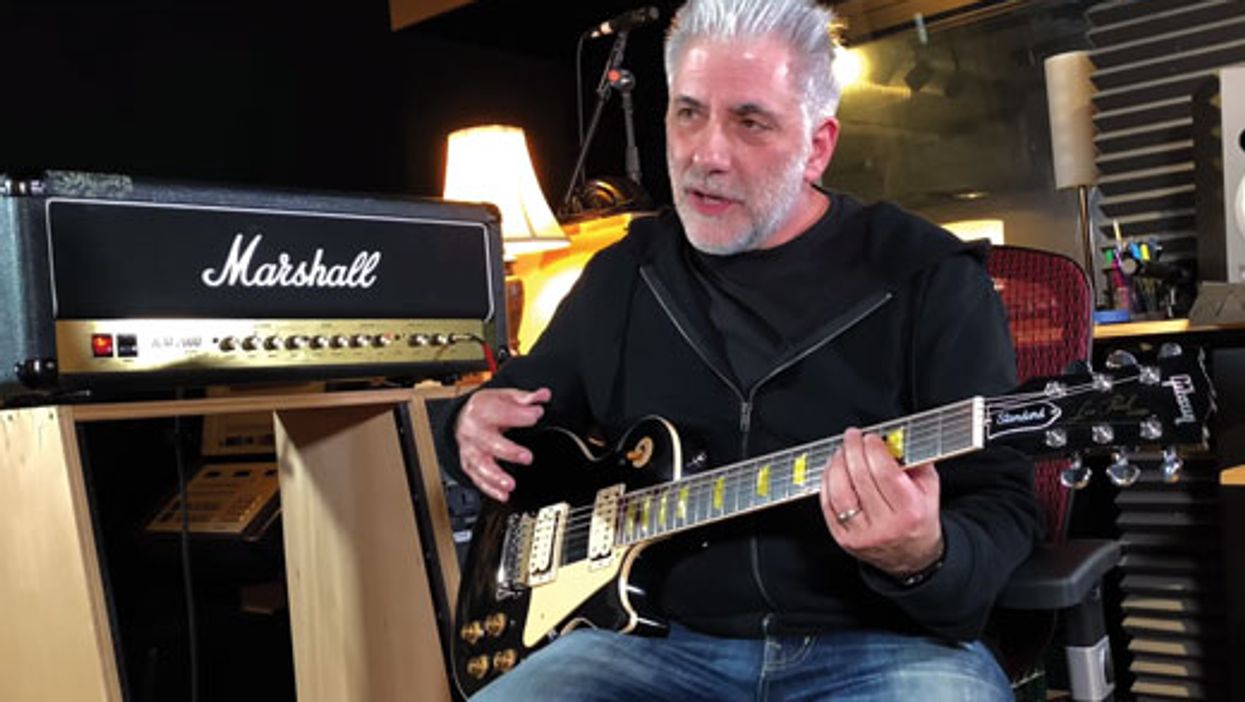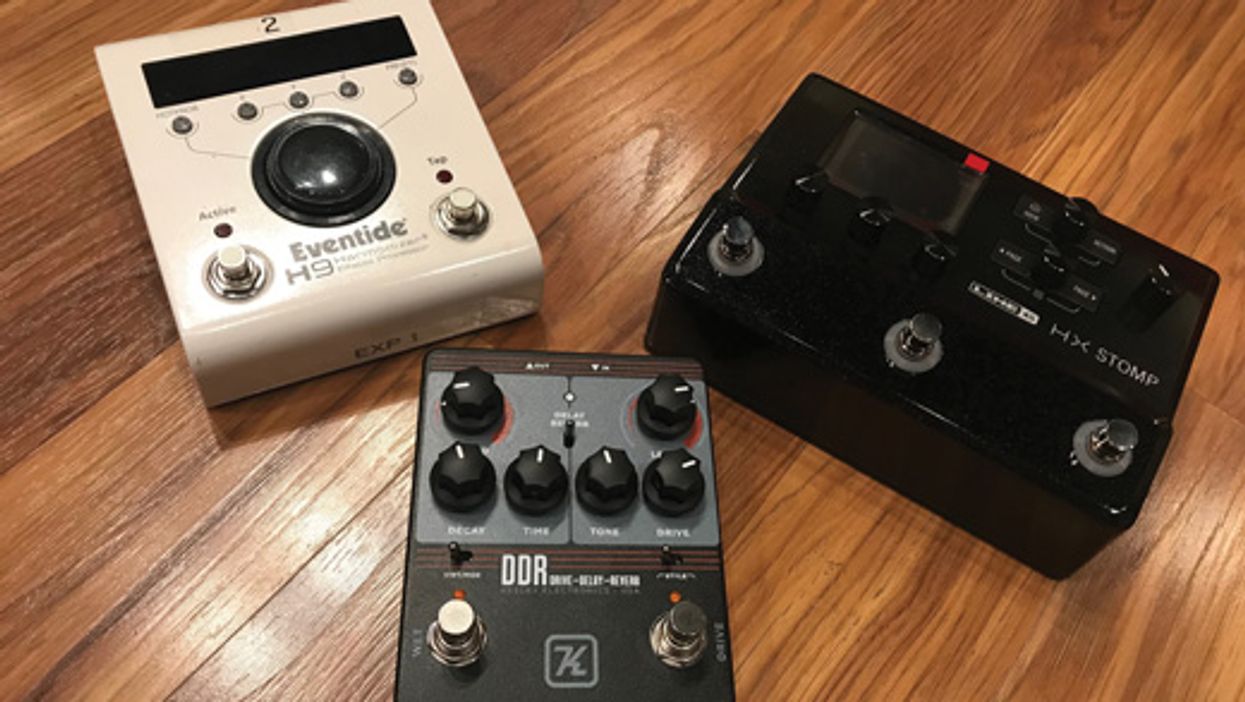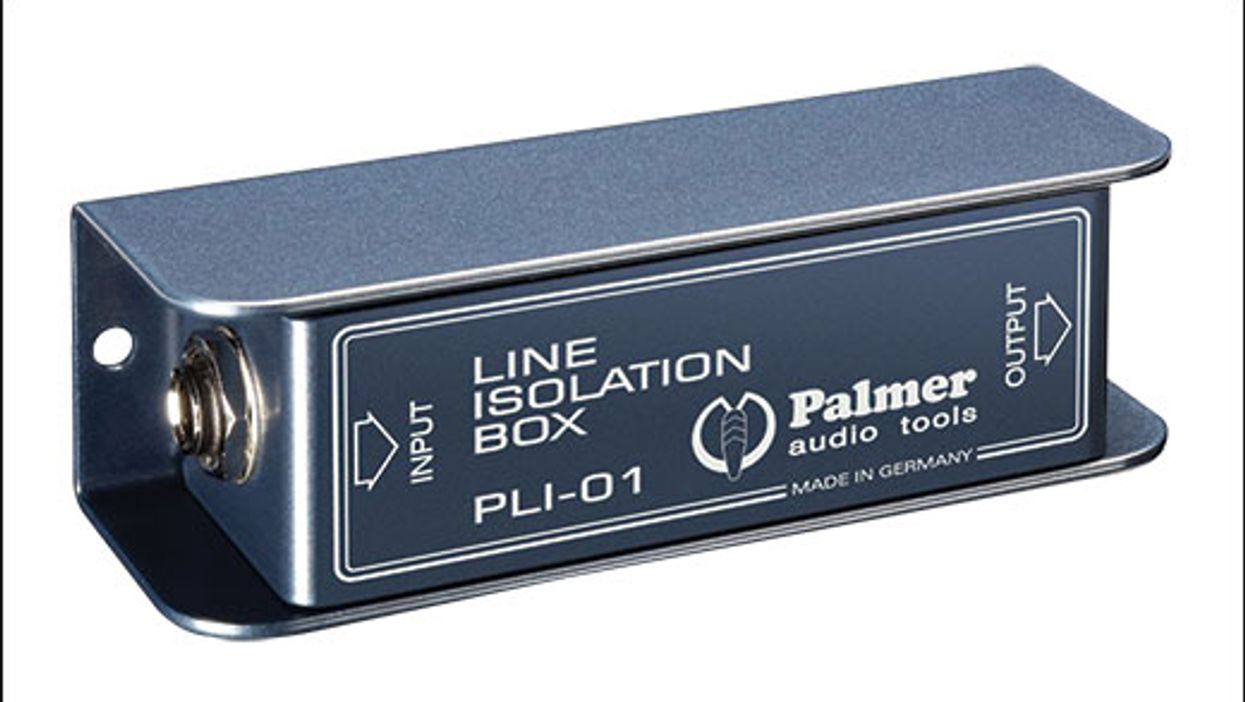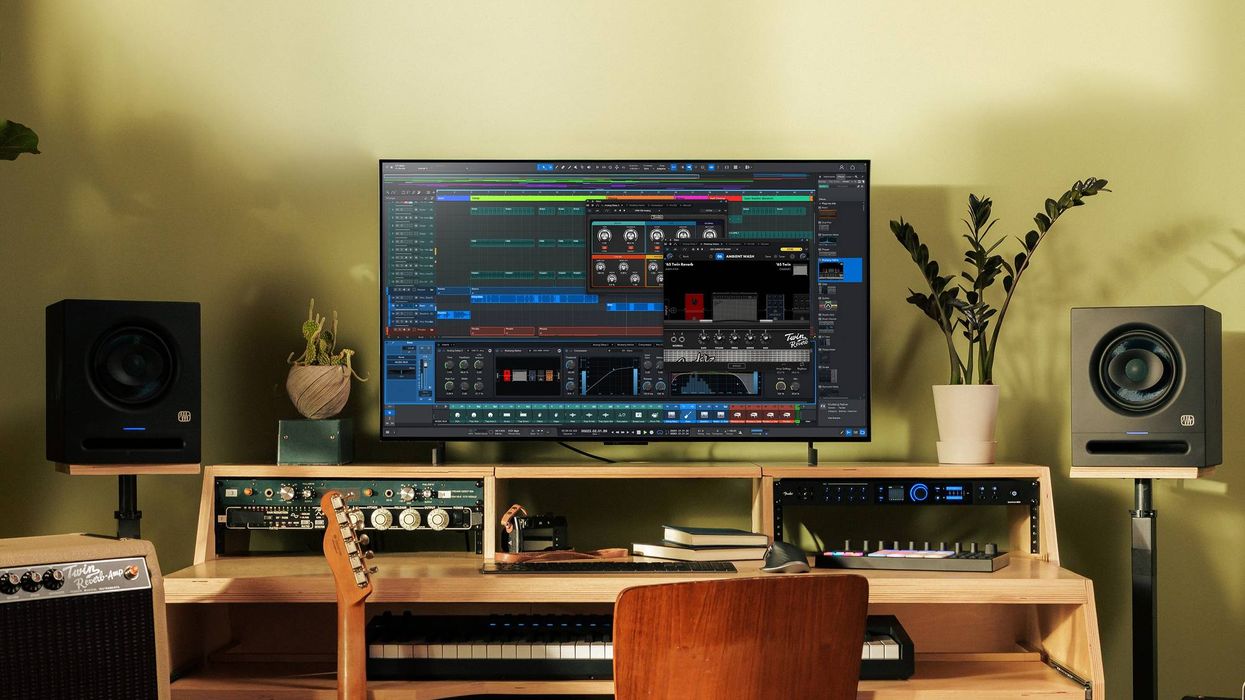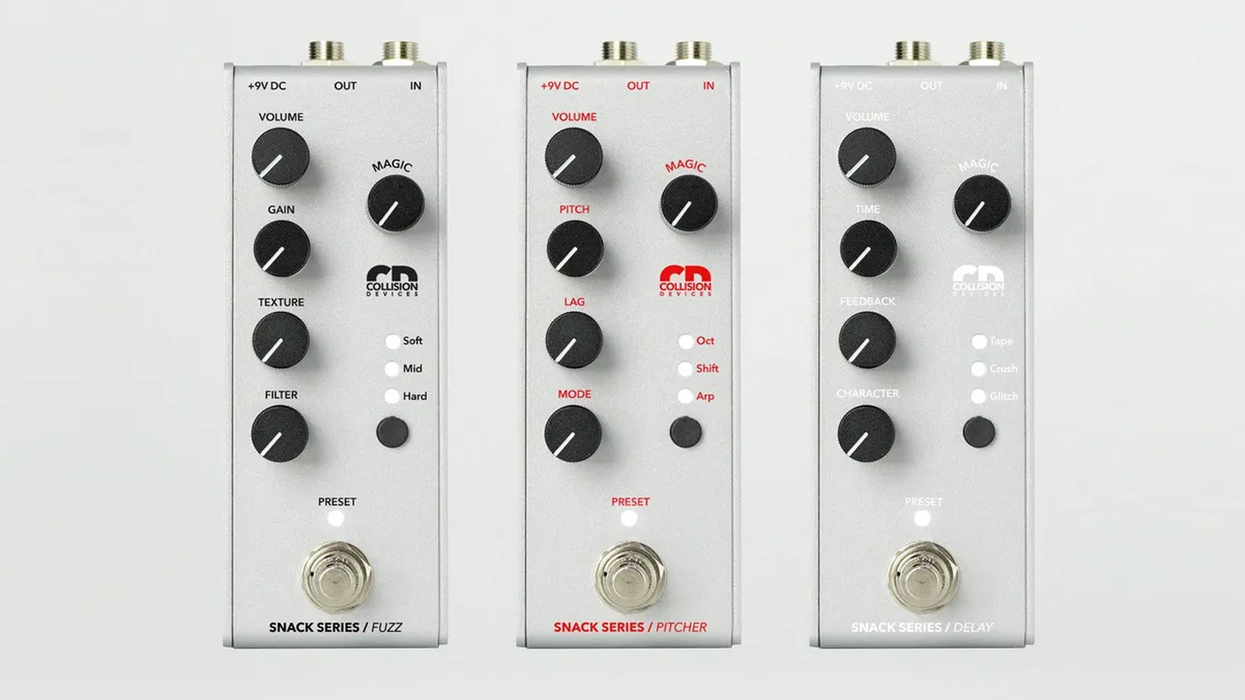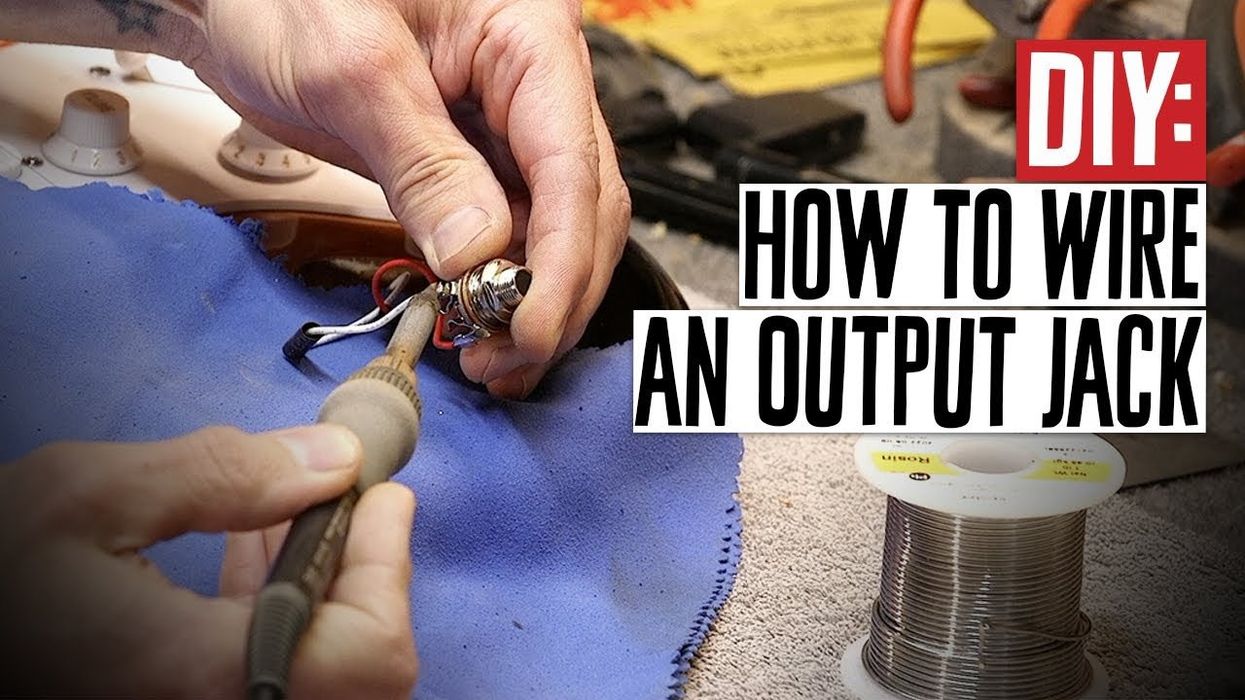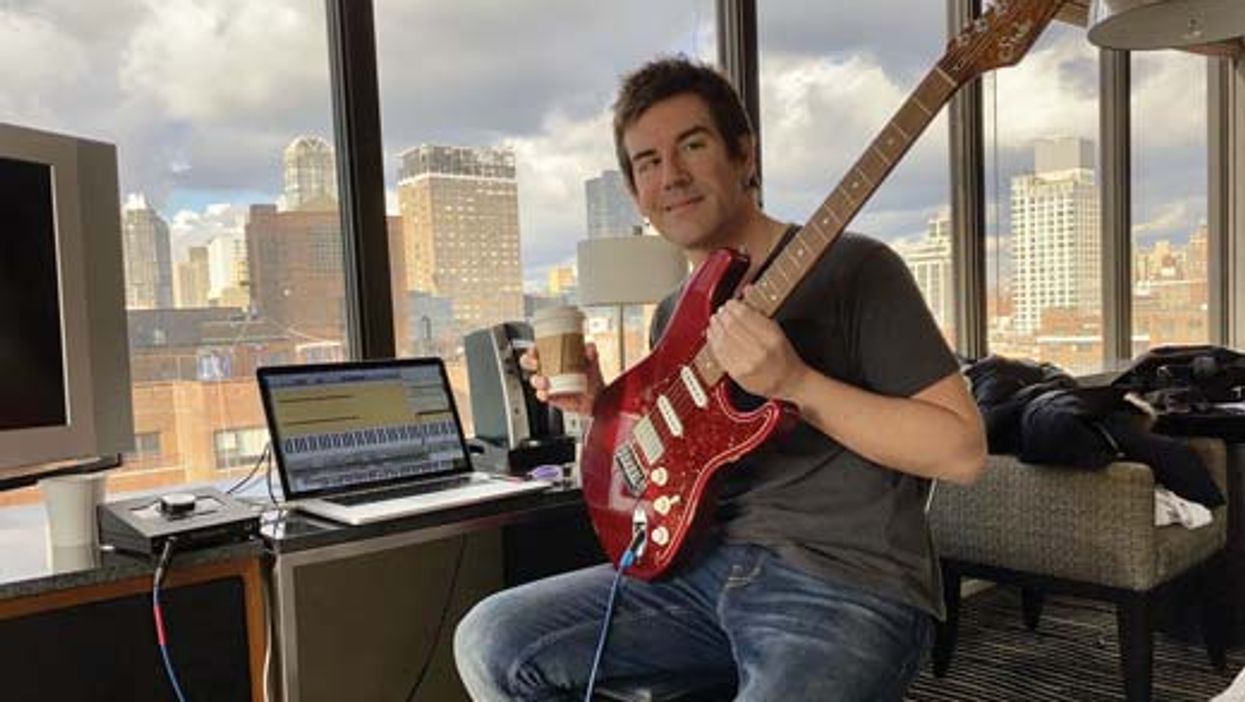I recently asked folks who follow my Facebook music page to send some music- and guitar-related questions. I answer them via YouTube videos on a playlist I started called “Q&A." It's a fun and easy way to stay in touch with fellow guitarists, and a means to provide some (hopefully) useful insight. It's also given me terrific material for my column. This month I'll answer a question from Gert-Jan Stehouwer, who asked: “How did you build a career as a musician and what made you go from being a good guitar player to being a pro?"
Prerequisites. First, you have to love making music to make a living as a guitarist, and you have to want it really bad. You must essentially be obsessed with the guitar to have a shot at being a pro. There are going to be lean times, low-paying gigs, and plenty of gigs with no pay. The thing that will keep your spirits up through rough times will be your love for your instrument.
I've mentioned this before, but it's extremely important to be someone who's easy to work with. Be a good listener, always try to be on time, and develop a strong work ethic early on.
Work very hard. I recently watched an Elon Musk interview. He's a fascinating and inspiring man who's achieved incredible success at an early age by founding PayPal, Tesla Motors, and SpaceX. Musk suggests that in order to start a successful company, the number one rule is to work hard—very hard. He suggests 100 hours a week. Though he contends it may sound like a crazy amount of hours, you'll accomplish in four months what it takes a year for someone who only works 40 hours a week. I'm not suggesting that you have to practice the guitar or write songs 100 hours a week, but you get the idea. You're attempting to do something that requires a disciplined, self-starter mentality and there's just no substitute for putting in necessary time.
My reality check. When I moved to Los Angeles to attend Musicians Institute, I got a reality check right away. It was orientation week at school, and there were concerts by guest performers each night in the auditorium. I saw some incredible musicians that week, and my perception of what was good was changed forever. I learned that being a pro was not just about woodshedding licks and practicing my technique.
I'll never forget the incredible Michael Hedges taking the stage in front of a packed house of aspiring pro guitarists. All alone with his guitar, he was so commanding, intense, and inspiring. I already knew I had to develop a command of my instrument to be a pro, but watching performances like Michael's taught me that I also needed to develop in areas like pacing, dynamics, and when to play versus leaving space in the music. I needed to learn how to communicate with my guitar and it's something I still work on every day.
10,000 hours. Let's go back to that hard work thing. In his book Outliers, Malcolm Gladwell claims research shows one must put in 10,000 hours of practice to achieve mastery of a certain field. The statistics show there are no “naturals," and there are no shortcuts to mastery. This applies to both personal practice time and time spent performing in front of people. There are things you just can't learn by practicing in your bedroom.
In his book Outliers, Malcolm Gladwell theorizes that one must put in 10,000 hours of practice to master something.
Consider the Beatles: It's been said that before they were the greatest band in the world, they were the greatest bar band in the world. They paid their dues by performing constantly: four sets a night between 1960 and 1962 in the dive bars of Hamburg, Germany. And let's not forget the 292 gigs they did in Liverpool's Cavern Club!
These days, YouTube is rampant with guitarists shredding amazing licks, but most of them are doing it in the comfort of their own homes. I'd wager that if you put them onstage, many of them wouldn't be able to lock in with a rhythm section well, execute their licks as effectively, or deliver a an entertaining performance with a band. To be a pro, you need to find other musicians who are like-minded and then get out and play in front of people as often as possible. This can be challenging with seemingly fewer and fewer venues for live music in many cities, but there is no substitute. You'll get better and you'll make connections with other players that will hopefully lead to better gigs.
Be an extrovert. Executing licks well is one thing, but you must learn to perform to be a pro live guitarist (unless you're in a shoegazer band). The audience wants a show! The first basic step is being able to play while wearing a guitar on a strap. Then, you need to get comfortable playing while moving around. On my current gig with Tsuyoshi Nagabuchi, I've had to learn to play melodies and licks while simultaneously swinging my guitar neck wildly back-and-forth in unison with the other players. We do a ton of running around, jumping off risers, and more. Hey, it's a rock show!
If you take anything away from this column, let it be this: There's no substitute for hard work and putting in the time, so get out there and play.


